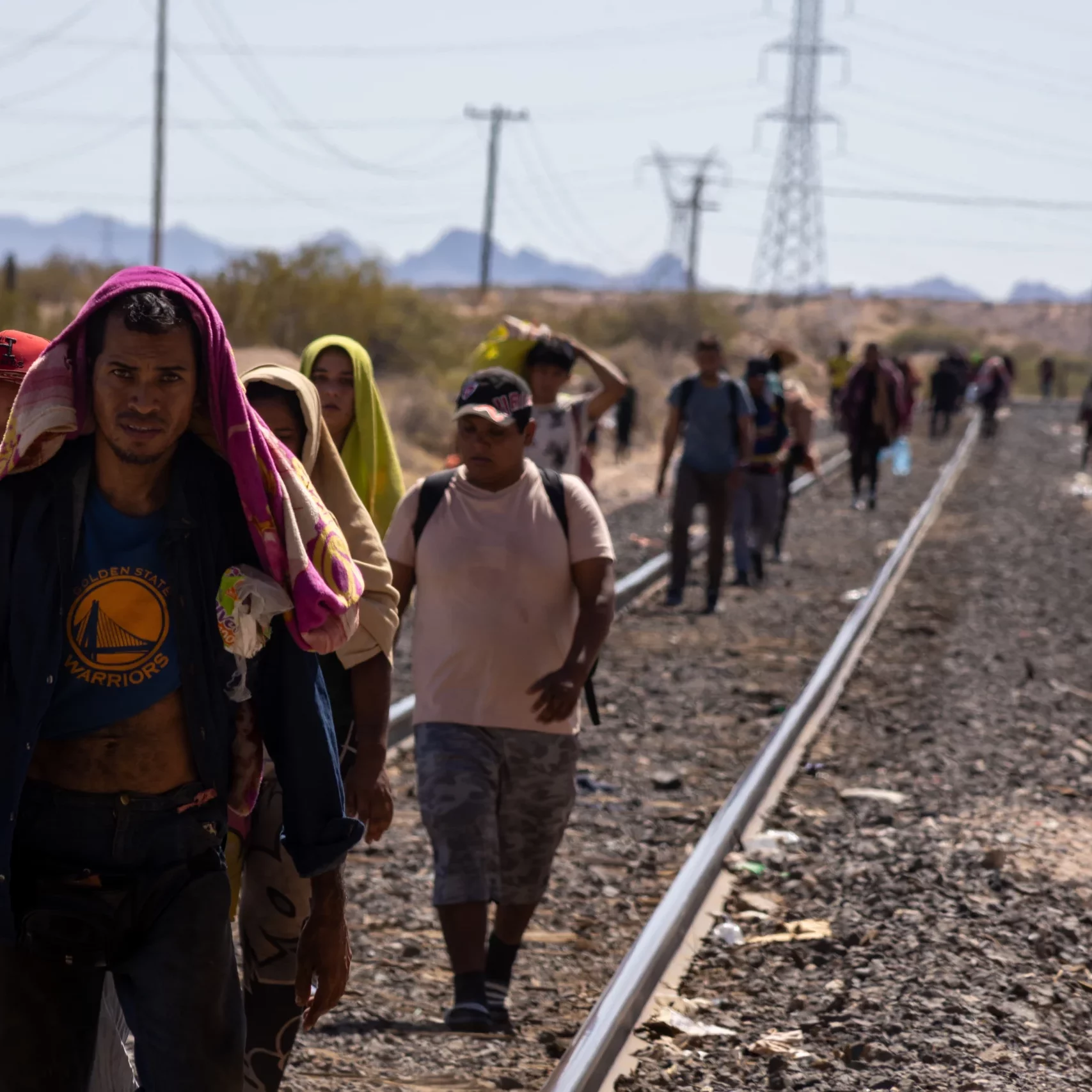Grant Program
Research
Grantee Name
Centro Latam Digital
Grant End Date
11 December 2024
Amount Funded
US$249,550
Country
Not Country-Specific
Region
Latin America & Caribbean
RESEARCH QUESTION
This research is a case study on the migrants crossing the Mexico-US border. The objective is to better understand how self-perceptions of digital vulnerability to disinformation and surveillance are formed during the migratory journey and to what extent it affects decision-making regarding the use of the Internet.
The questions that are addressed in this research are: (1) What kind of information do migrants in transit search when using digital platforms, and who do they communicate with? (2) What kind of interactions do migrants in transit have with the Internet based on their perception of digital vulnerability? (3) How does this perception impact their decision-making and strategies in using the Internet along their transit? (4) What kind of digital and regulatory policies are necessary to advance the use of the Internet by migrants as well to protect their privacy and advance their human rights in their use of digital platforms? (5) What is the adequate nature of collaboration between stakeholders that would advance the objective for migrants to access the Internet in an equitative, useful form while protecting their human rights?
WHY IS THIS RESEARCH IMPORTANT?
Migration processes throughout the world are increasingly digitized. This digitalization is a double-edged sword. On the one hand, access to the Internet offers migrants crucial data about safety routes, health emergencies and travel restrictions, among other important information throughout their trajectories. On the other hand, it also poses risks if that data is misleading or threatens their safety, or it is used for control and discrimination. While studies about these opportunities are well known, the dangers, particularly to vulnerable populations, have received less attention.
This research fills a void of knowledge and understanding around the phenomena of migration and use of the Internet in Latin America, particularly on the border that has the most migrants in transit, the Mexico-U.S. border. The research expands knowledge about the capacity for agency amongst migrants in transit, as well as the barriers faced while using the Internet for those who are living in refugee camps at the Mexico border and intending to cross to the U.S. There is a need to develop evidence to address regulatory gaps, capacity gaps, and pressing public policy issues associated with the use of the Internet to develop genuine participation that addresses the needs of most vulnerable groups. The evidence that is generated by this project, which focuses on migrants’ perception of the opportunities and risks they face, will contribute to strengthening policies as well as support strategies developed by advocates in the field. The phenomena of migration calls for a multidisciplinary and multi-stakeholder approach to understand the logic of inclusion and exclusion of migrants, as well as the balance between government needs to control migration flows and respect for human rights.
METHODOLOGY
The study takes on a mixed approach that includes quantitative as well as qualitative and experimental methodologies.
From a quantitative format, it answers whether migrants are aware of misinformation and online privacy risks and implement online security measures by using surveys in selected refugee camps. This approach also allows the measurement of demographic, social, and political attributes of in-transit migrants and other Internet-related questions.
Then, semi-structured interviews with migrants in transit and focus groups allow us to understand at a more in-depth level the influence of digital vulnerability perceptions and the decision-making process taken during their trajectories.
The research will also include an experimental study that aims to measure the effect of providing migrants with knowledge about digital vulnerability on their exposure to online privacy risks and interest in searching for information. This experimental design means to randomly assign migrants to a workshop and then apply the survey to both treated and control groups. Following ethical considerations, the control group will participate in a post-survey workshop. The workshop objective is to increase migrants’ awareness of Internet privacy risks and knowledge of cybersecurity best practices.
*Please note that the image in this summary is for illustrative purposes only and does not depict the described project.
Credit: Shutterstock/ David Peinado Romero

